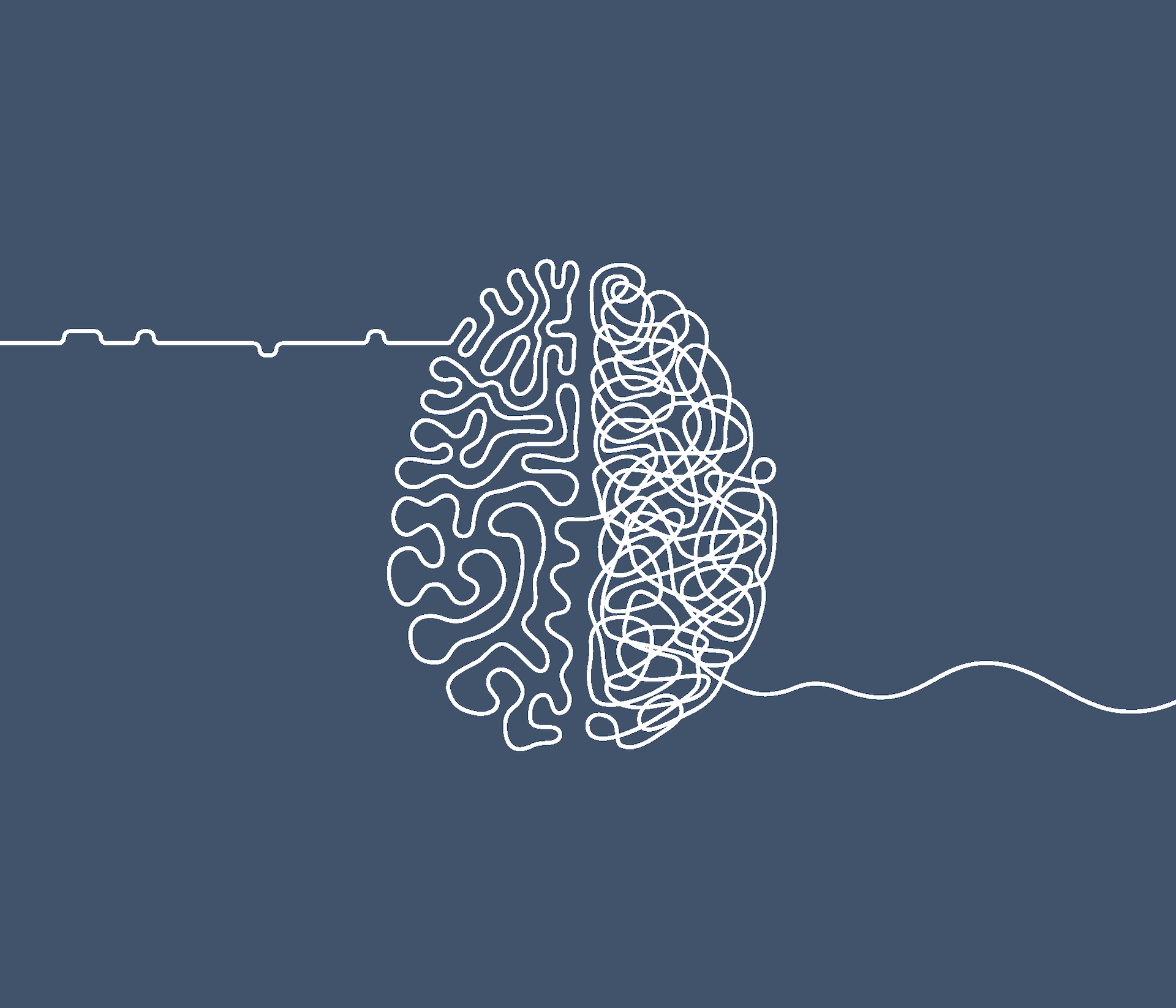When it comes to storm leads, many contractors focus on...
Understanding the Psychology of Homeowners After Natural Disasters
Natural disasters can have a profound impact on homeowners, both emotionally and psychologically. Understanding the psychology of homeowners in the aftermath of such events is essential for storm lead call center professionals. This educational topic explores the psychological aspects that homeowners may experience after natural disasters, providing valuable insights into their mindset. By gaining a deeper understanding of homeowners' psychology, you can tailor your approach, communication, and services to meet their needs effectively.
- Emotional Impact of Natural Disasters: Explore the emotional impact that natural disasters have on homeowners. Understand the range of emotions they may experience, including fear, anxiety, stress, and grief. Recognize that homeowners' emotional well-being plays a significant role in their decision-making processes and receptiveness to assistance.
- Loss and Trauma: Recognize that homeowners may have experienced significant loss, both in terms of property and personal belongings. Understand the trauma they may have endured during the disaster and the subsequent aftermath. Sensitivity and empathy towards their experiences can foster trust and rapport.
- Need for Safety and Security: Understand that homeowners' primary concern after a natural disaster is often their safety and security. Recognize their need for reassurance and provide information and resources to help them restore their sense of security. By addressing their safety concerns, you can establish a foundation of trust.
- Urgency and Time Sensitivity: Acknowledge the urgency and time sensitivity that homeowners may feel in the aftermath of a natural disaster. Understand that they are eager to restore their homes and lives to normalcy as quickly as possible. Responding promptly and efficiently to their inquiries and providing timely assistance can have a significant impact on their decision-making.
- Decision Fatigue and Information Overload: Recognize that homeowners may experience decision fatigue and information overload due to the overwhelming amount of information and choices they need to process. Simplify your communication and provide clear, concise information to alleviate their decision-making burden. Offering guidance and expertise can help them navigate through the complexities of the recovery process.
- Trust and Credibility: Build trust and establish credibility by demonstrating your expertise, empathy, and integrity. Homeowners are more likely to seek assistance from individuals and organizations they perceive as trustworthy and reliable. Focus on transparent and honest communication to foster trust and long-term relationships.
- Empathy and Active Listening: Practicing empathy and active listening is crucial when interacting with homeowners. Show genuine care, understanding, and compassion for their experiences and concerns. Give them the space to express their emotions and actively listen to their needs. By demonstrating empathy, you create a supportive environment and build a stronger connection.
- Tailored Solutions and Individualized Approach: Recognize that each homeowner's situation is unique, requiring a tailored approach to meet their specific needs. Avoid a one-size-fits-all mentality and take the time to understand their circumstances. Offer personalized solutions that address their concerns and provide a sense of individualized care.
- Providing Hope and Support: Offering hope and support is crucial in helping homeowners navigate the challenging aftermath of a natural disaster. Share success stories, provide resources, and offer reassurance that they can rebuild and recover. By instilling hope and providing practical support, you can make a positive impact on their journey towards restoration.
- Collaborating with Support Services: Recognize the limitations of your role and collaborate with support services, such as counseling professionals, community organizations, and disaster relief agencies. By working together, you can provide homeowners with a comprehensive support system that addresses their emotional, psychological, and practical needs.
Understanding the psychology of homeowners after natural disasters is essential for storm lead call center professionals. By acknowledging their emotions, trauma, and needs, you can tailor your approach and services to provide the support they require. Empathy, trust and active listening play key roles in building strong relationships with homeowners. Recognize the urgency and time sensitivity they experience, and provide timely and relevant information to alleviate their decision-making burden.
By offering personalized solutions, demonstrating empathy, and collaborating with support services, you can provide homeowners with the necessary support and guidance during their recovery process. Remember, each interaction is an opportunity to make a positive impact and contribute to their overall well-being.
Stay informed about the latest research and best practices related to the psychology of homeowners after natural disasters. Continuously educate yourself on trauma-informed approaches, crisis intervention techniques, and strategies for effective communication and support. By equipping yourself with this knowledge, you can enhance your ability to meet the unique needs of homeowners in the aftermath of natural disasters.
In conclusion, understanding the psychology of homeowners after natural disasters is crucial for storm lead call center professionals. By empathizing with their emotions, providing tailored support, and collaborating with relevant support services, you can make a significant difference in their recovery journey. Remember, your role extends beyond sales – you have the opportunity to provide genuine care, support, and hope to homeowners as they rebuild their lives and homes after a natural disaster.











